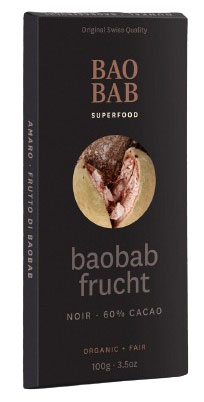Novel food has emerged as a response to changing consumer needs.
What is novel food?
A Novel Food is defined as a food product whose consumption in the European Union was not significant before May 15, 1997. They may be exotic, traditional for a country outside the EU, or the result of research. New foods include goji berries, probiotics, adaptogenic plants and kombucha. Market entry for novel foods is regulated by the European Commission. Each region of the world has its own regulations governing new foods.
A range of fascinating and innovative ingredients that are revolutionizing the way we eat
From omega-3-rich chia seeds and nutrient-rich seaweed to protein-rich edible insects, each new product offers a unique taste experience and health benefits. Here are just a few examples of new foods: chia seeds, edible insects, kombucha, edible algae such as spirulina, new plant-based products such as ginseng and goji berries, new functional ingredients such as probiotic-enriched yoghurts, fiber-enriched bread and laboratory-grown meat. With novel foods, culinary innovation knows no bounds, offering consumers an endless variety of tasty and nutritious options to explore.
How can novel food be marketed?
Strict regulations apply to all foods wishing to be marketed as novel foods. Three phases are required to obtain authorization.
- Submission of an application for authorization: The "identity card" of the ingredient is requested, with its complete characteristics and specific features, precise conditions of use and scientific studies proving the ingredient's safety.
- Scientific evaluation phase: EFSA (European Food Safety Authority) demonstrates the safety and nutritional quality of the potential Novel Food through scientific tests. Food must be neither harmful nor toxic to humans.
- Decision phase: The Commission of the Member States defines the conditions of use of the novel ingredient or food (types of food and daily doses).
Finally, the European Commission issues a formal marketing authorization, or not, via an implementing act published in the EU's Official Journal.
In the United States, for example, the Food and Drug Administration (FDA) is responsible for regulating novel foods, while in Japan the Ministry of Health, Labour and Welfare (MHLW) and the Japan Food Standards Agency (JFSA) are responsible for novel food regulations.
Organic chocolate with baobab powder/ baobab superfood/switzerland

Raw bar with insect flour rich in protein/zirp insects gmbh/austria


